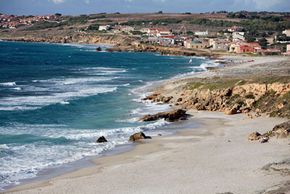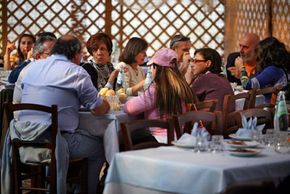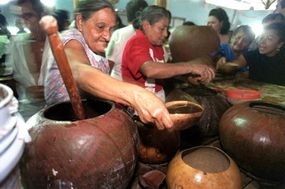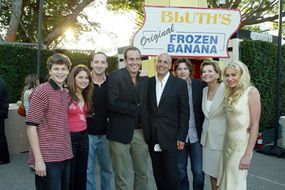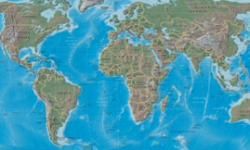The so-called "Fountain of Youth" is one of history's long sought-after mysteries: a legendary bubbling spring that restores a person's youth if he drinks its water. Spanish conqueror Juan Ponce de Leon, who sailed with Columbus on his second voyage to the New World in 1493, is most famous for his search for the fountain. In his expedition, he would search the coasts of Florida and be the first European to discover the Gulf Coast. Unfortunately, he would die in Havana, Cuba before ever finding the mythical source of everlasting youth.
While most of us don't believe there's an actual fountain that spouts magic, life-giving water, the idea of the Fountain of Youth says a lot about our desire to cheat death and live as long as possible on Earth. Despite all of the hardships and minor annoyances, humans seem to enjoy life, and living a long, productive and healthy one is important and meaningful to many.
Advertisement
Some medicines, aptly nicknamed Fountain of Youth drugs, are making big waves in the pharmaceutical industry, as the company GlaxoSmithKline purchased anti-aging drug developer Sirtris for $720 million in June 2008 [source: Wired]. The multi-million dollar acquisition of Sirtris shows just how much GlaxoSmithKline, a giant in the pharmaceutical industry, believes in the potential of Fountain of Youth drugs.
Although these drugs may not provide immortality, scientists hope to offer longer life spans for people in the near future.
But some are worried about possible side effects that might come with taking a pill that slows the aging process, and others wonder if the drugs will even work at all. One way to combat old age, they argue, is to study blue zones -- places on Earth where people live longer and healthier lives on average.
Where are these blue zones, and what are their inhabitants doing to gain a better chance of reaching 90, or even well past the age of 100? Is it medicine, genetics or lifestyle that determines blue zone life expectancy? And is it possible to create your own blue zone, a self-made Fountain of Youth? To learn how people living in blue zones become centenarians, read on.
Advertisement
